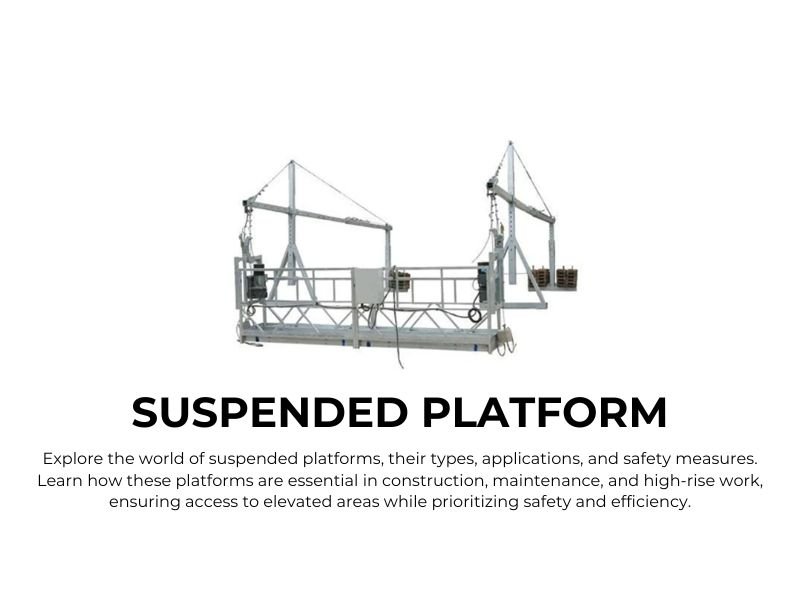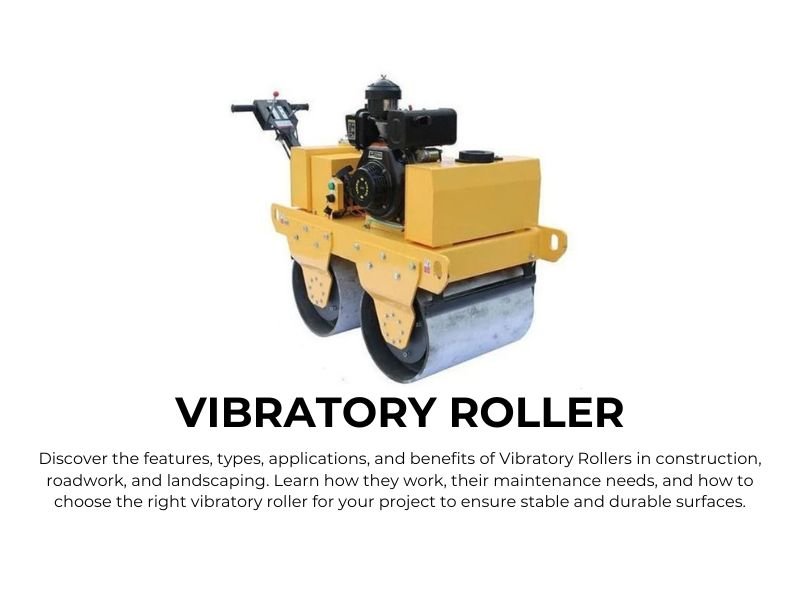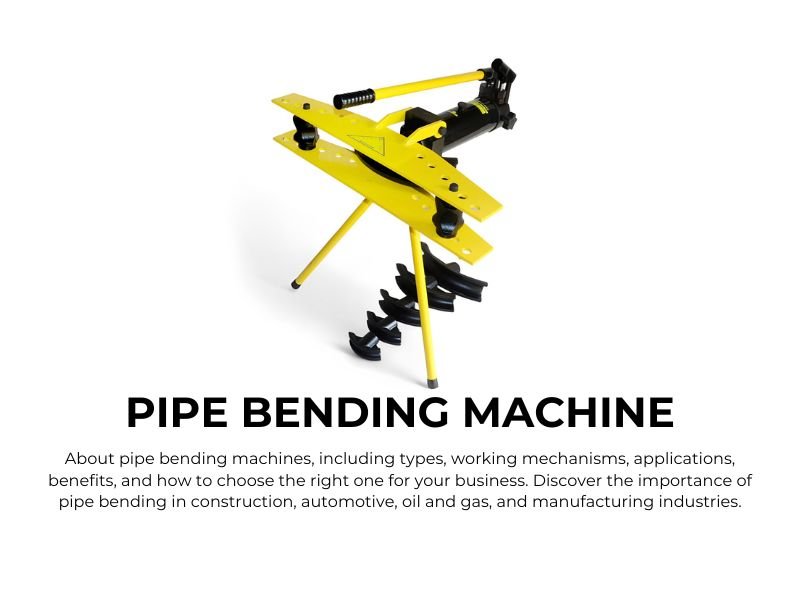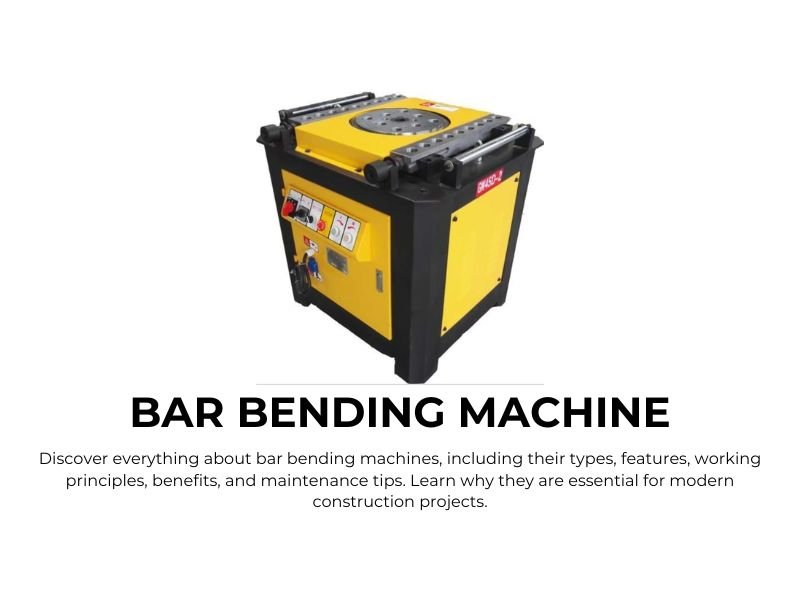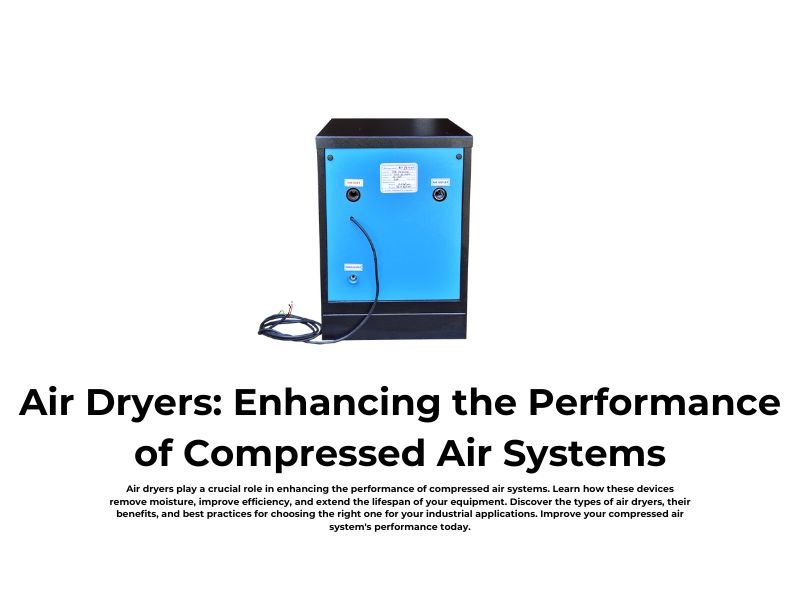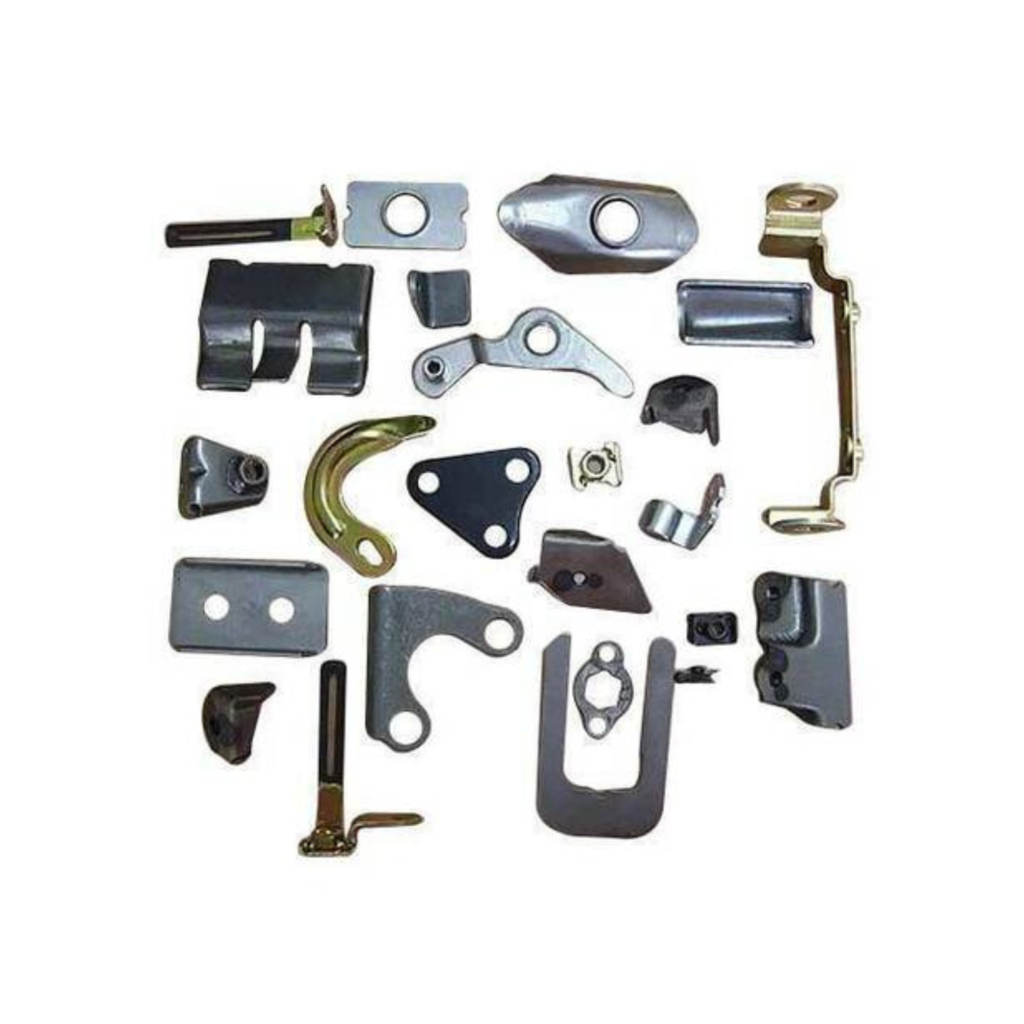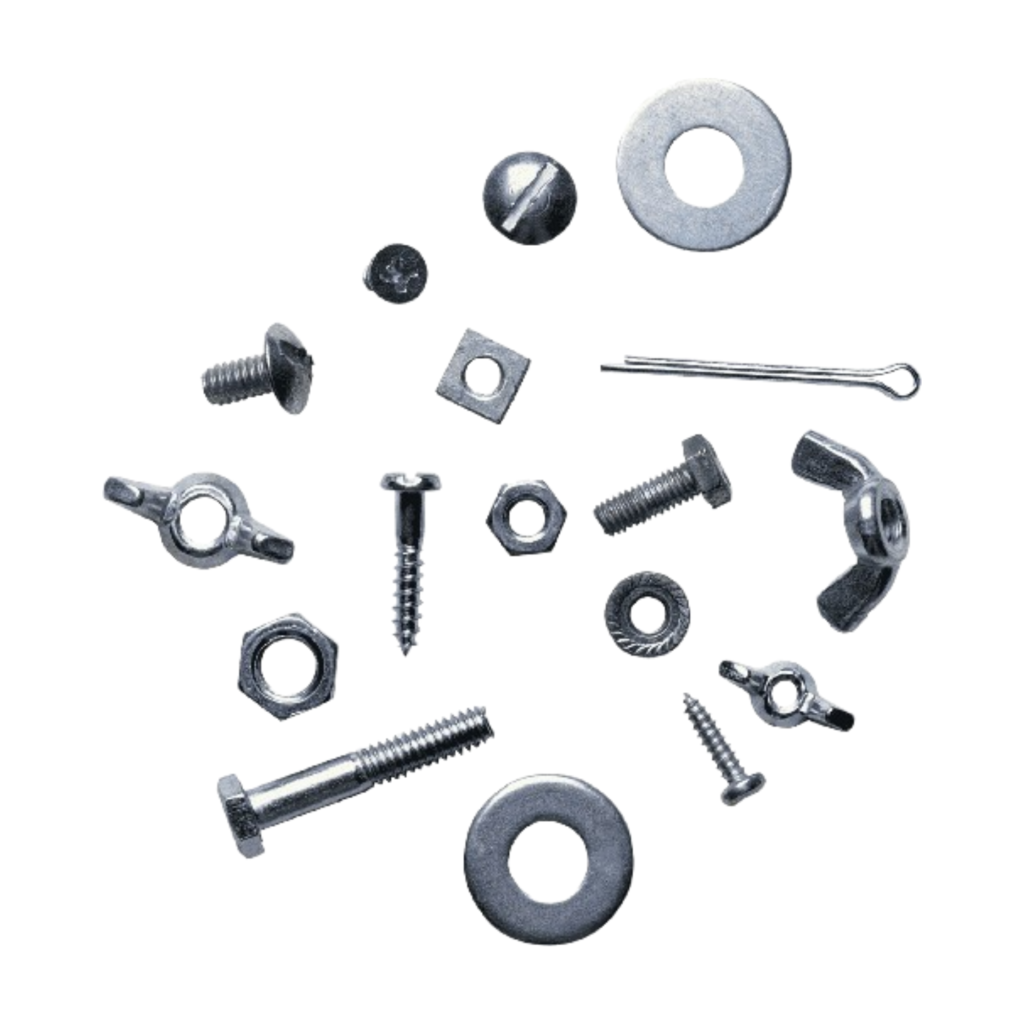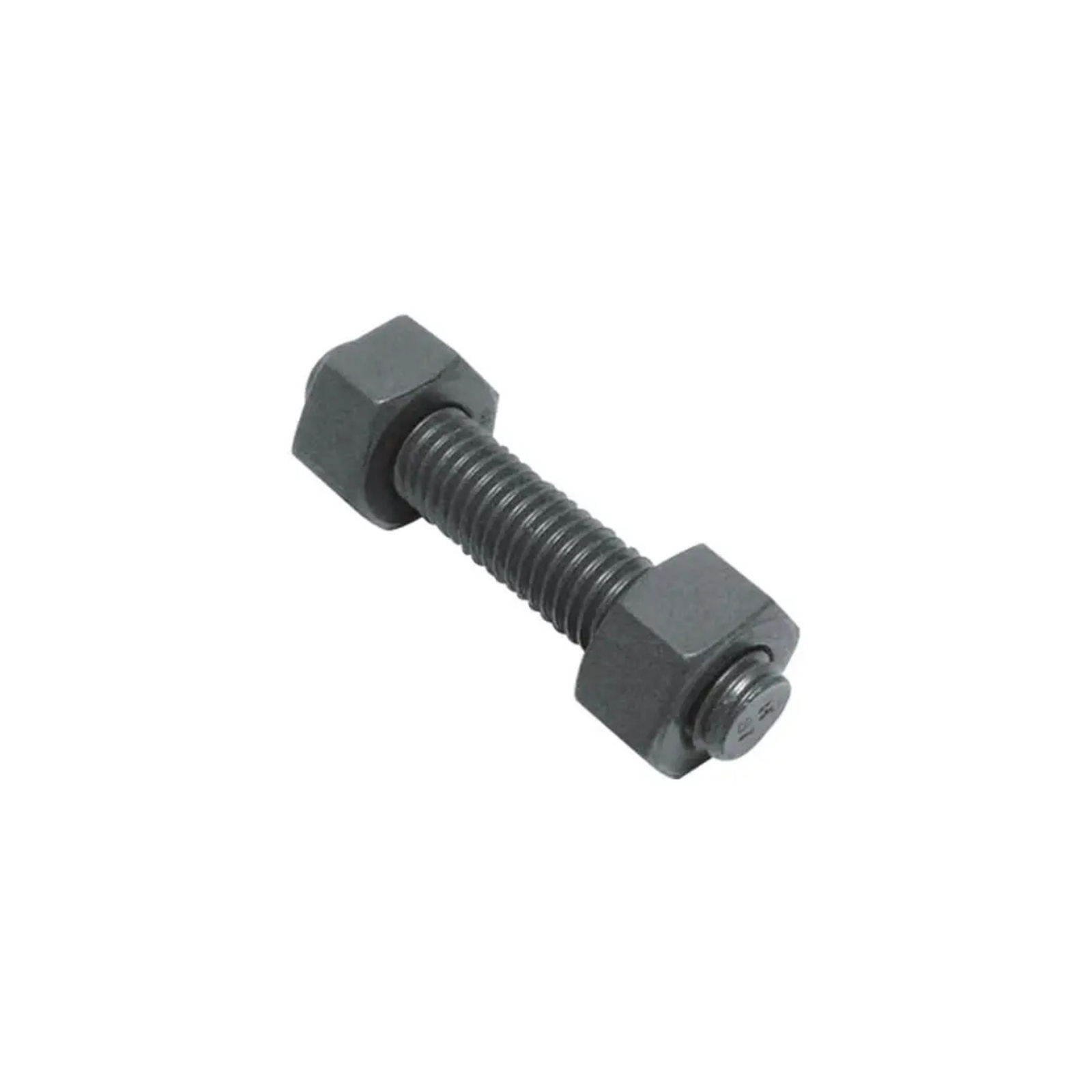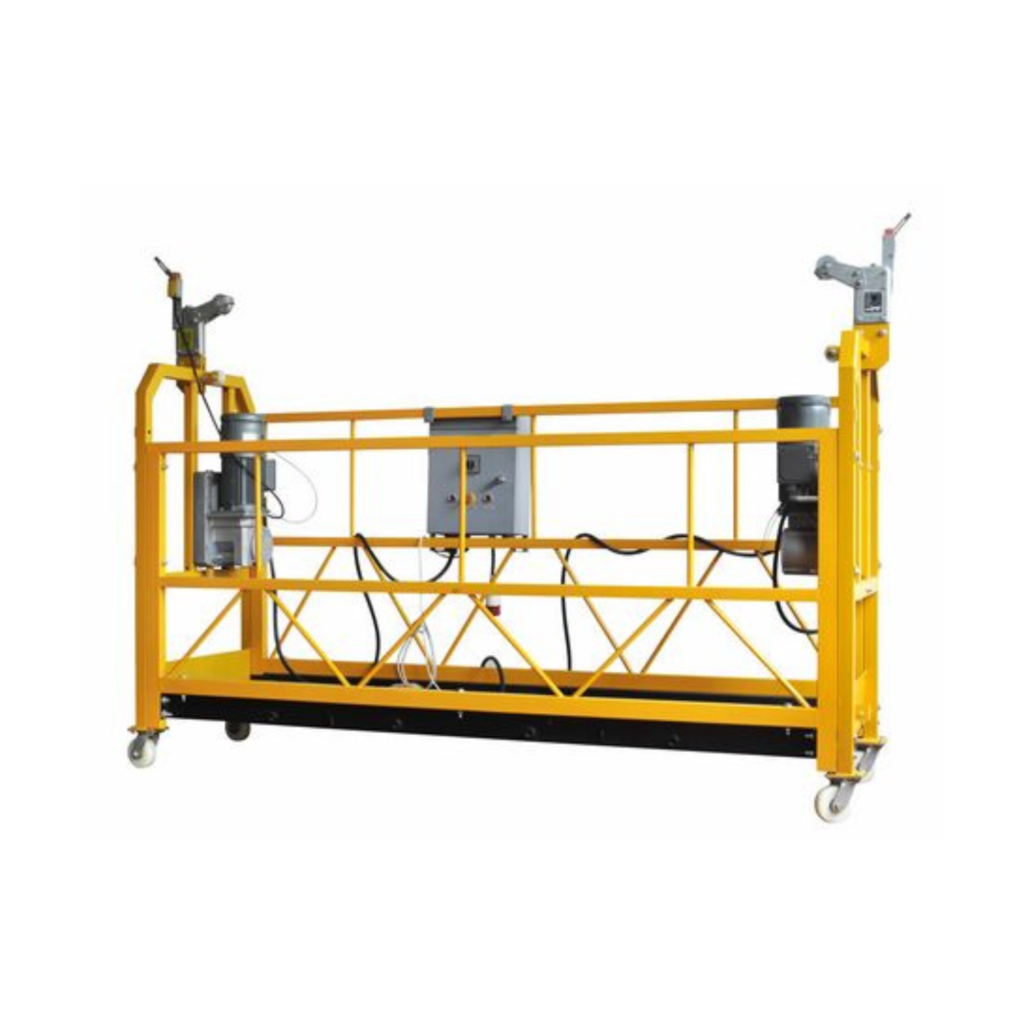Know about Rebar Threading Machines. From how they work to their applications in construction, this comprehensive guide covers types, benefits, maintenance, and future innovations in rebar threading technology. Learn how these machines improve efficiency and ensure structural integrity in concrete projects.
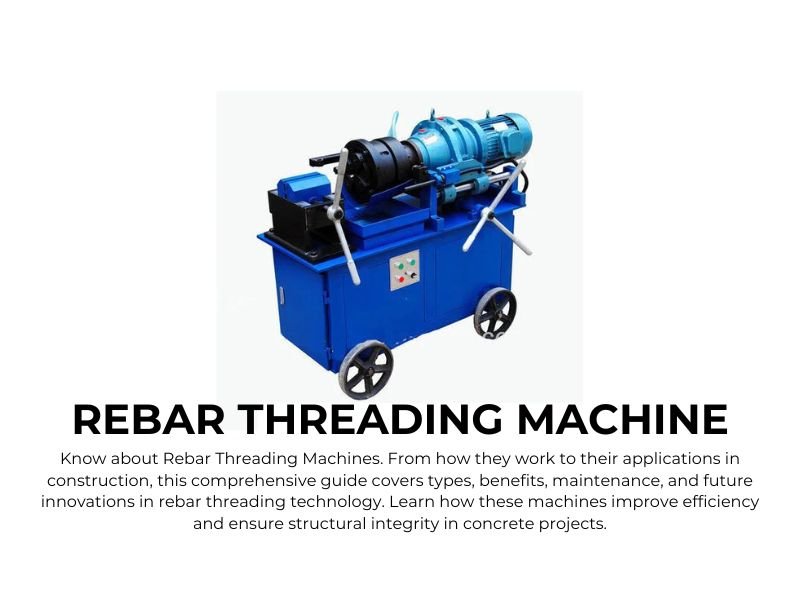
Introduction to Rebar Threading Machines
Rebar threading machines are crucial tools in modern construction projects. These machines are used to create threads on the ends of rebars (reinforcing bars), which are essential in reinforcing concrete structures. The rebar threading process ensures that rebars can be connected securely through couplers, enhancing the structural integrity of the building. In this blog, we will explore everything there is to know about rebar threading machines, from their working mechanisms to their applications and importance in construction.
1. What is a Rebar Threading Machine?
A rebar threading machine is a specialized piece of equipment used to create threads on the ends of rebars. This process is vital as it allows for the use of couplers to join rebars, making the connection stronger and more reliable than traditional lap welding or overlapping. The machine can cut and form threads of various sizes to suit different rebar specifications. These machines are available in manual, semi-automatic, and fully automatic versions, depending on the complexity of the construction work and the scale of the project.
2. How Does a Rebar Threading Machine Work?
The working principle of a rebar threading machine is relatively simple but highly effective. The machine typically performs the following tasks:
- Rebar Placement: The rebar is placed into the machine, and the operator aligns it for threading.
- Cutting of Threads: The machine utilizes cutting blades or dies to create threads on the ends of the rebar. The dies are designed to match the thread size and type specified by the project requirements.
- Final Checks: Once the threading is complete, the machine often includes a feature to check the quality of the threads, ensuring they are precise and meet the required standards.
The machine uses hydraulic or electric power to drive the mechanism, and there are advanced versions that incorporate digital controls to allow for more accurate and efficient operation.
3. Types of Rebar Threading Machines
Rebar threading machines come in several types, each suited for specific needs and applications in the construction industry:
- Manual Rebar Threading Machines: These are more traditional machines that require manual operation. They are usually more affordable but less efficient for large-scale projects.
- Semi-Automatic Rebar Threading Machines: These machines are more common in medium-sized construction projects. They offer a good balance between cost and efficiency, providing some automation without the need for a fully automatic system.
- Fully Automatic Rebar Threading Machines: These are the most advanced machines available, designed for large-scale and high-volume construction projects. They are capable of threading multiple rebars simultaneously and with higher precision, making them ideal for large construction companies.
4. Applications of Rebar Threading Machines
Rebar threading machines have broad applications across various industries, particularly in construction. They are essential for creating connections between reinforcement bars in concrete structures, offering several key benefits over traditional methods. Some of the most common applications include:
- Building Construction: Rebar threading machines are used in the construction of buildings, bridges, and other infrastructure projects. The threaded rebars provide strong and reliable connections that help enhance the overall strength and stability of the structure.
- Road and Highway Construction: In projects like roads and highways, rebar threading machines are used to create the necessary reinforcement for the concrete to ensure the road’s durability and longevity.
- Industrial Buildings and Warehouses: Threaded rebars are crucial for reinforcing industrial buildings, warehouses, and factories, which require high-strength concrete structures to support heavy machinery and equipment.
- Bridge and Tunnel Construction: Rebar threading machines play a critical role in the construction of bridges and tunnels, where high levels of reinforcement are required to withstand the pressure and environmental conditions.
5. Advantages of Using Rebar Threading Machines
Rebar threading machines offer numerous advantages over traditional methods of rebar connection. These include:
- Increased Strength and Durability: Threading the ends of rebars ensures that they are securely joined, improving the overall strength and durability of the structure.
- Faster and More Efficient: Rebar threading machines automate the threading process, significantly speeding up construction timelines and reducing labor costs.
- Improved Precision: Modern rebar threading machines offer precise and accurate threading, ensuring high-quality connections that are consistent across multiple rebars.
- Reduced Material Waste: Since couplers are used to connect threaded rebars, less overlap is required, reducing material waste and making the process more cost-effective.
- Better Quality Control: The quality of the threaded rebar can be easily inspected, and any defects can be caught early in the process, ensuring higher quality in the finished structure.
6. Choosing the Right Rebar Threading Machine
Selecting the right rebar threading machine is crucial for the success of a construction project. Several factors must be considered, such as:
- Project Size and Scale: The scale of the project will determine the type of machine needed. Smaller projects may only require manual or semi-automatic machines, while larger projects may benefit from fully automatic machines.
- Thread Size Requirements: The machine must be capable of threading the appropriate sizes of rebars for the project. Some machines offer adjustable dies for threading different sizes of rebar.
- Ease of Operation: The complexity of the machine should be matched to the skill level of the operators. Machines with user-friendly interfaces are preferable, especially in smaller projects where specialized training may not be available.
- Power Source: Machines may operate on electricity, hydraulics, or both. The choice of power source will depend on the available infrastructure and the location of the project.
- Maintenance and Support: Consider the availability of spare parts and maintenance services for the machine. Machines with robust support networks and readily available parts will reduce downtime and keep the project on schedule.
7. Common Problems with Rebar Threading Machines
While rebar threading machines are designed to be reliable and efficient, there are some common issues that can arise during use:
- Wear and Tear on Dies: The threading dies can wear out over time, especially if they are used for large projects or on tough materials. Regular maintenance and timely replacement of dies are necessary.
- Threading Inconsistencies: If the machine is not calibrated correctly or if the rebar is not placed correctly, it can result in inconsistencies in the threading, leading to poor-quality connections.
- Power Failures: Electrical or hydraulic failures can stop the machine from working properly. Regular checks and ensuring a reliable power supply can prevent this issue.
- Overheating: If the machine is overused without sufficient breaks, it can overheat, leading to potential malfunctions. Proper cooling and maintenance schedules are essential to prevent overheating.
8. Maintenance and Care for Rebar Threading Machines
Regular maintenance is crucial to ensure that rebar threading machines function efficiently and last longer. Some essential maintenance tasks include:
- Cleaning: Ensure that the machine is regularly cleaned, especially after extended use. Dirt and debris can cause mechanical parts to jam or wear out.
- Lubrication: Lubricate moving parts to reduce friction and prevent wear and tear. Regular lubrication ensures smoother operation and extends the life of the machine.
- Inspection of Dies: The threading dies should be regularly inspected for signs of wear and replaced as necessary. Damaged or worn-out dies can result in poor-quality threads.
- Checking for Leaks: Hydraulic and pneumatic systems should be checked for leaks regularly, as leaks can reduce efficiency and lead to potential system failures.
- Calibration: Ensure the machine is calibrated correctly to maintain consistent and precise threading results.
9. The Future of Rebar Threading Machines
As construction technology continues to evolve, rebar threading machines are also becoming more advanced. Future developments may include:
- Automation and Robotics: With the rise of automation in construction, future rebar threading machines may incorporate robotic systems to further improve speed, accuracy, and efficiency.
- Smart Machines: Incorporating IoT (Internet of Things) technology could allow rebar threading machines to provide real-time data on performance, maintenance needs, and productivity, helping contractors optimize machine use and reduce downtime.
- Energy Efficiency: Future machines may be designed to be more energy-efficient, reducing operational costs and making them more sustainable for long-term use in large projects.
Conclusion
Rebar threading machines are an integral part of modern construction, offering enhanced precision, speed, and efficiency in reinforcing concrete structures. By automating the threading process, these machines ensure stronger, more durable connections, contributing to the overall safety and reliability of buildings, bridges, and other infrastructure projects. As the construction industry continues to grow, the technology behind rebar threading machines will continue to evolve, providing even greater benefits to contractors and builders worldwide.
- Manual Rebar Threading Machines – Operated manually, suitable for smaller operations.
- Automatic Rebar Threading Machines – Fully automated for high efficiency and precision in large-scale construction projects.
- Hydraulic Rebar Threading Machines – Provide greater power and are ideal for heavy-duty use in large construction projects.
- Improved efficiency and speed in threading rebar.
- Accurate and uniform threads for secure connections.
- Reduction in manual labor and associated risks.
- Higher quality of construction due to consistent threading.
- Regularly clean the threading head and dies to remove debris and dust.
- Lubricate moving parts to prevent wear and tear.
- Check for worn-out parts and replace them as necessary.
- Ensure proper alignment of the rebar to avoid uneven threading.

